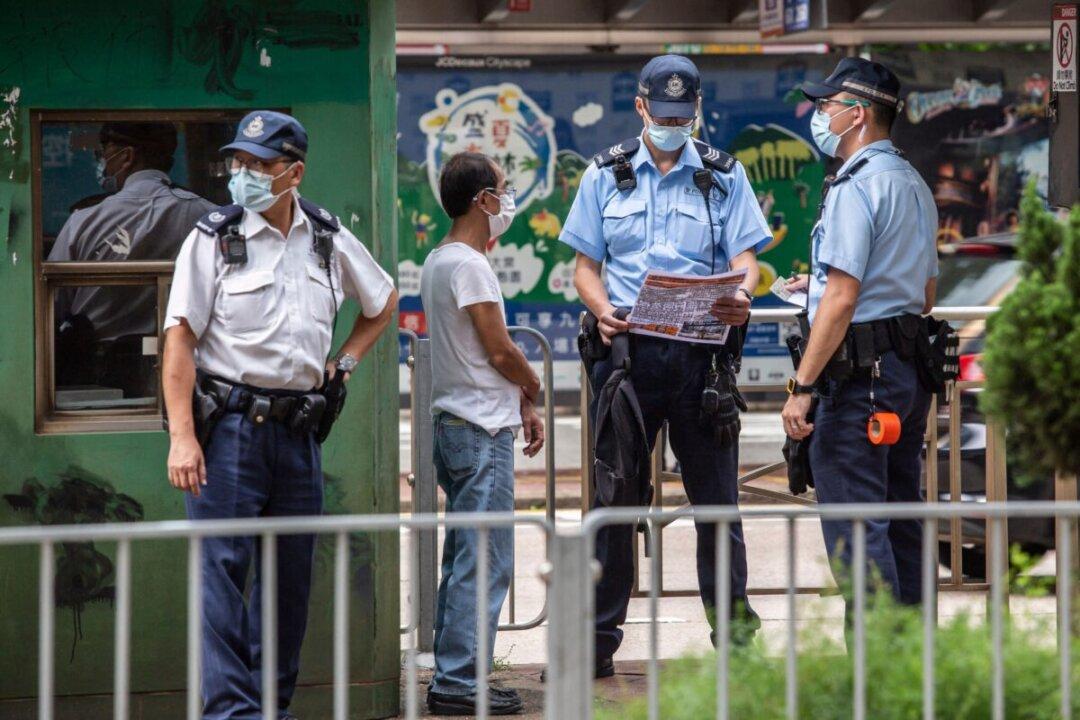Commentary
As we all know by now, the extreme makeover of Hong Kong superimposed by Beijing has almost reached completion: whether it be in the education, social, political, economic, or electoral process, just to name a few.

As we all know by now, the extreme makeover of Hong Kong superimposed by Beijing has almost reached completion: whether it be in the education, social, political, economic, or electoral process, just to name a few.